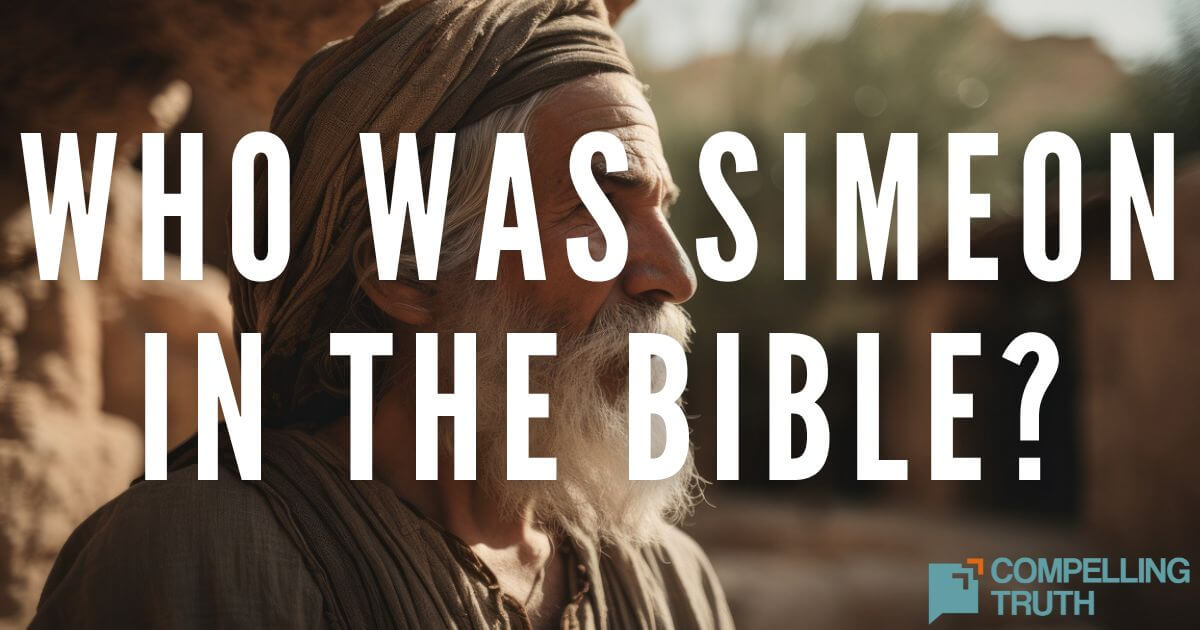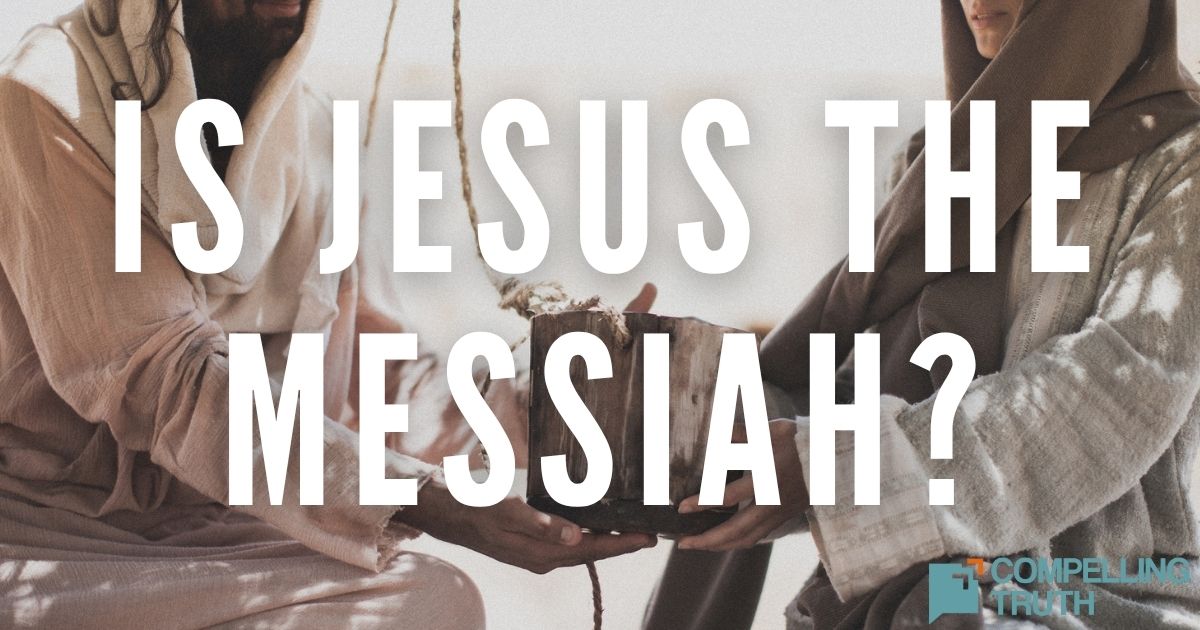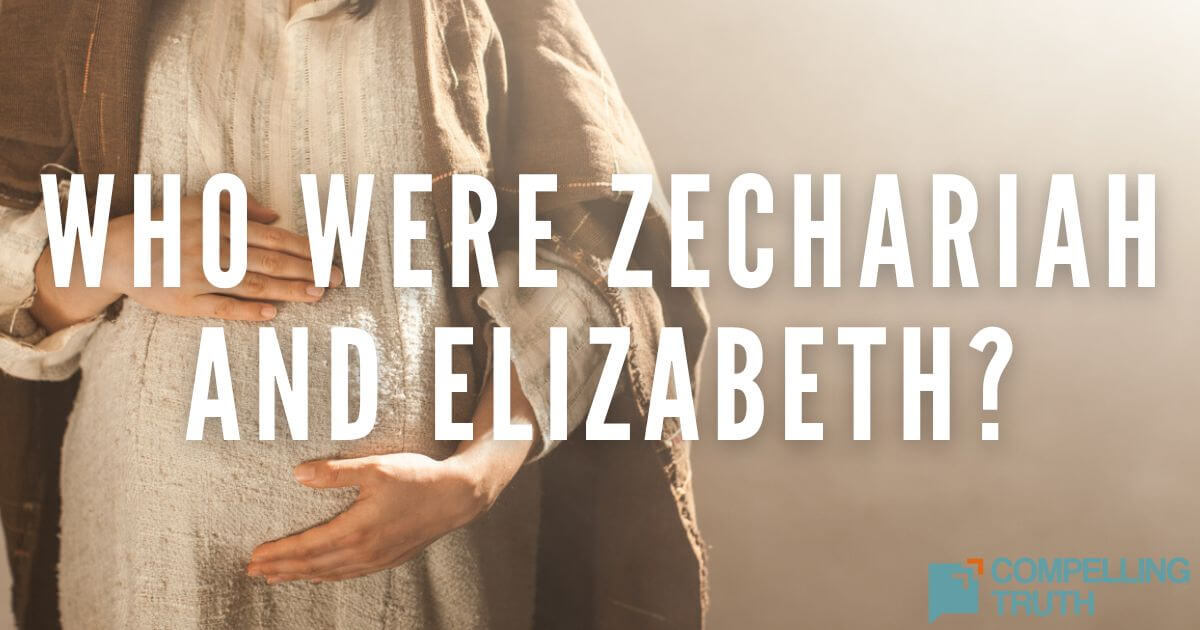Anna the prophetess, mentioned in Luke 2:36–38, encountered the infant Jesus when Mary and Joseph brought Him to the temple. Anna is described as a very old, widowed prophetess who dedicated her life to worship, fasting, and prayer in the temple. Recognizing Jesus as the promised Messiah, she thanked God and shared the news with others who were also eagerly awaiting Jerusalem's redemption. Anna's life exemplifies trust in God, perseverance through adversity, and the joy of sharing God's goodness with others, serving as an inspiration for believers to do the same.
Anna the prophetess loved the Lord and dedicated her life to serving Him. Regardless of her unfortunate circumstances, Anna remained faithful to God. God calls us to trust in Him (Proverbs 3:5–6) and to do everything for His glory (1 Corinthians 10:31). When life does not make sense, we can trust in the One who is in control and whose good promises do come true.
The Jews had been waiting for the Messiah for hundreds of years. Anna, too, had been waiting. Her relationship with God allowed her to identify the Messiah upon seeing Him. The Spirit reveals truth and points us to Jesus, and He did that for Anna. When we walk in the Spirit instead of in the flesh, He reveals truth (John 16:13–15) and produces fruit in our lives (Galatians 5:22–23).
We can learn a lot from Anna the prophetess’s response to recognizing Jesus: she thanked God and told others. She did not praise the Jewish people for their obedience to God's law or commend the priests for their faithful-enough service that earned them the coming of the Messiah. She recognized that this happened by God's grace alone and that it was the fulfillment of His promise of redemption, and she thanked Him. Her second response was to share this good news with those around her. She wanted others to know God and rejoice in His goodness.
Anna's life is an encouragement for those who dedicate their lives to the Lord. God is good and is faithful throughout life’s circumstances. Anna recognized her Messiah and was able to tell others because she had spent a lifetime trusting and serving God despite the personal tragedies she experienced. We, too, can know God personally, experience His faithfulness, and share the good news with others.




